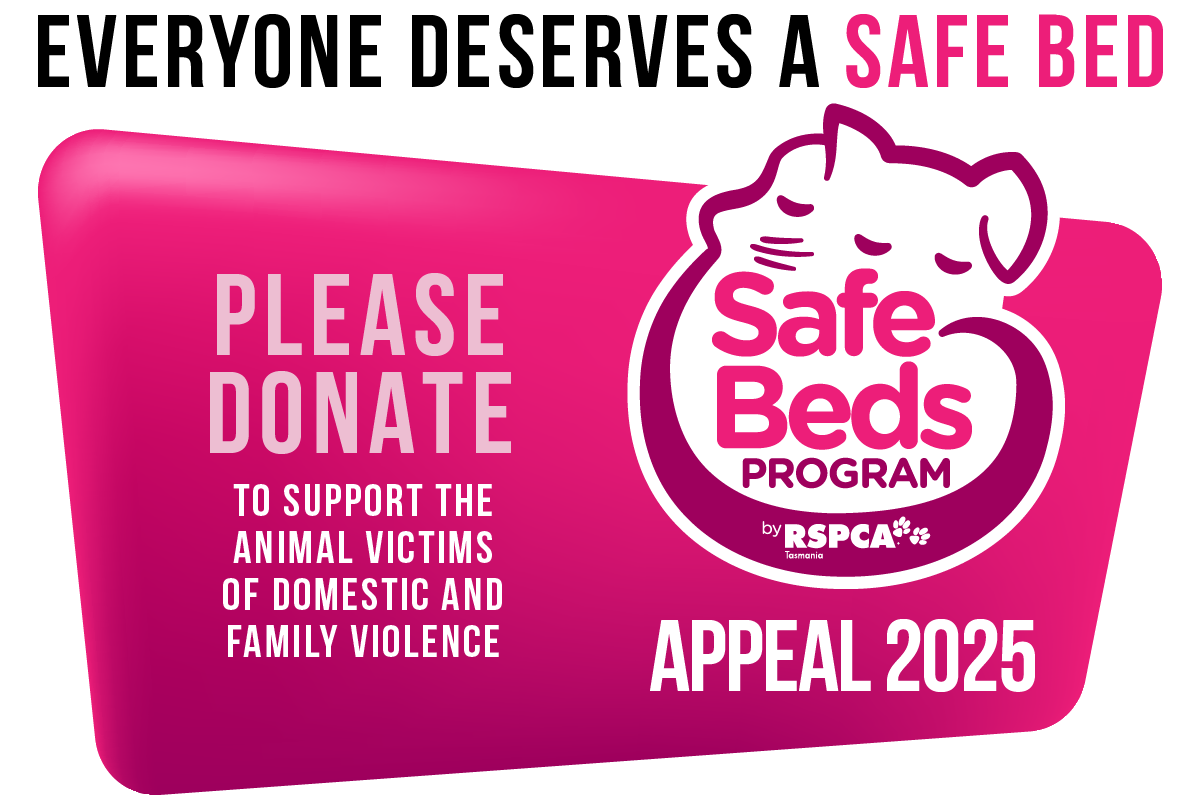Surrender at home – Keeping cats out of cages in Tasmania.
The number of unwanted cats and kittens in Tasmania is growing.
We can attribute this to:
- the cost-of-living pressures people are facing,
- an aging population of people downsizing their properties and seeking supported care
which excludes companion animals, - the growing awareness about the differences between cat colonies and feral cats and the
opportunities for a positive impact on the reduction of colony cats by bringing them into care at an early age, - changes to legislation have restricted multiple cat ownership. As a result, more people are seeking assistance to comply with the new rules by surrendering their cats for rehoming.
We have made a commitment to our community to keep animals out of cages as much as possible in line with our Socially Conscious Sheltering aspiration and to that end have developed a new program. The RSPCA Surrender at Home program enables cats and kittens to be surrendered to us but kept at home until they are desexed, vaccinated and cleared for rehoming.
For the next six months, we will trial the program.
Here’s how it will operate:
- A person needing to surrender a cat or kitten rings our Contact Centre (6709 8100) for advice or fills in a cat surrender form on our website.
- The cat is surrendered to us on paper and is owned by us legally but stays in the care of the owner whilst the animal is booked in for desex surgery, vaccination and any other vet work required. (we pay that invoice).
- Effectively the person surrendering becomes a foster carer for us during this period. This way any cat that needs to be spayed or neutered can recuperate at home, in a familiar environment, with familiar people.
- We have outreach workers who can come to your home to work through this process.
- Once the cat is ready for adoption, it is brought into the Launceston or Latrobe centres,
where we have large cat habitats for them to transition from their previous home to their new home, without going into a cage. - This program does not preclude emergency surrenders for people who have no choice
through housing insecurity, or other personal circumstances.



























